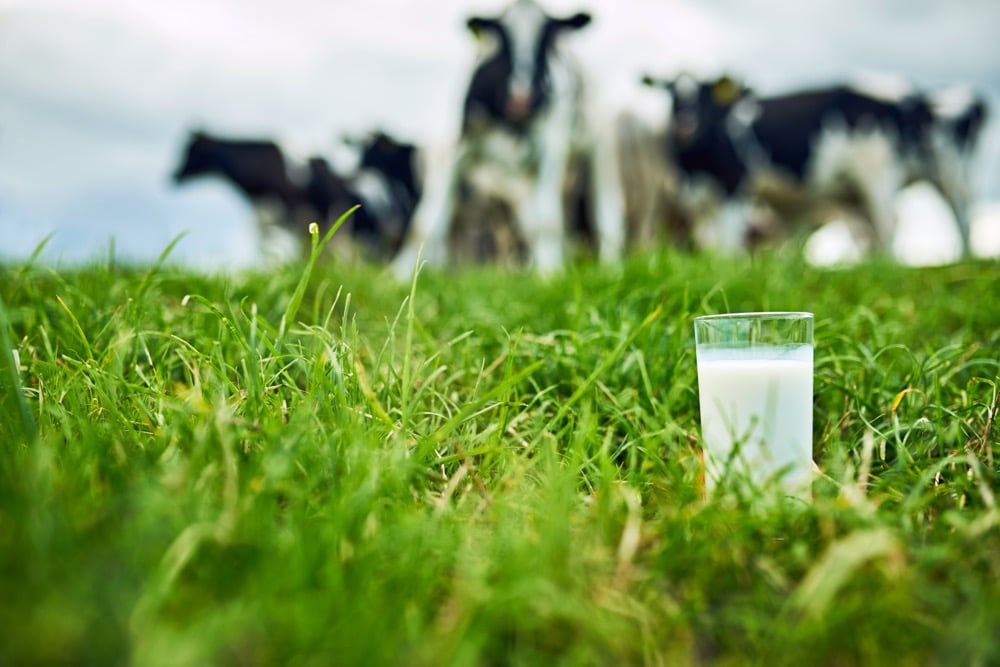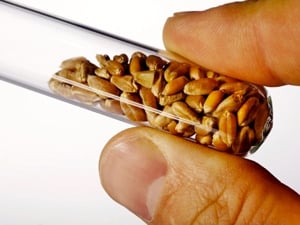Canadian milk samples test negative for bird flu

It’s so far, so good when it comes to Canada’s milk testing efforts against bird flu as all samples have tested negative thus far.
The Canadian Food Inspection Agency (CFIA) confirmed April 14 it had tested 142 retail milk samples from across the country to date. All tested negative for Highly Pathogenic Avian Influenza (HPAI) fragments, and there was no evidence of disease in dairy cattle detected in the milk. The testing is in response to a U.S. outbreak of HPAI in dairy herds, which have occurred in nine states to date. Fragments of HPAI have been detected in one in five samples of commercial milk sold in the U.S., according to initial tests done by the U.S. Food and Drug Administration.
Read Also

Feds invest in research to promote more diverse crop rotations
The federal government is investing $5,733,852 million in funding to advance soybean, corn and oat research and promote diverse crop rotations across Canada.
“The method used to test foods for HPAI is very sensitive and will detect fragments of the virus, even if the virus is not infectious,” the CFIA said in a statement.
The results support current reports that the virus has not been detected in Canadian dairy cows, it added.
It also pointed to Canada’s pasteurization requirements. While Canadian rules allow for raw milk cheeses on the basis that the cheesemaking process also kills pathogens, milk must be pasteurized before sale for human consumption.
“The pasteurization process kills harmful bacteria and viruses, including HPAI, ensuring milk and milk products are safe to drink and eat,” The CFIA said.
Milk tests are being done in collaboration with the Public Health Agency of Canada and Health Canada as part of the Government of Canada’s One Health approach.
According to the Canadian Animal Health Institute, One Health is an integrated approach to fighting infectious disease by connecting human, animal and environmental health. As of April 29, lactating U.S. dairy cattle coming into Canada also faced new requirements at the border. Those animals must have tested negative for the virus within a week prior to export and must not have been on a site where the virus was found in the 60 days prior to export. If they do test positive, they must wait for 60 days before being tested again and found negative before they can be shipped north.
Beef is also under scrutiny in the U.S. On May 1, the U.S. Department of Agriculture announced results of a limited study, in which 30 samples of retailed ground beef in states experiencing dairy HPAI cases was tested for the virus. All were found negative.
Source: Farmtario.com

